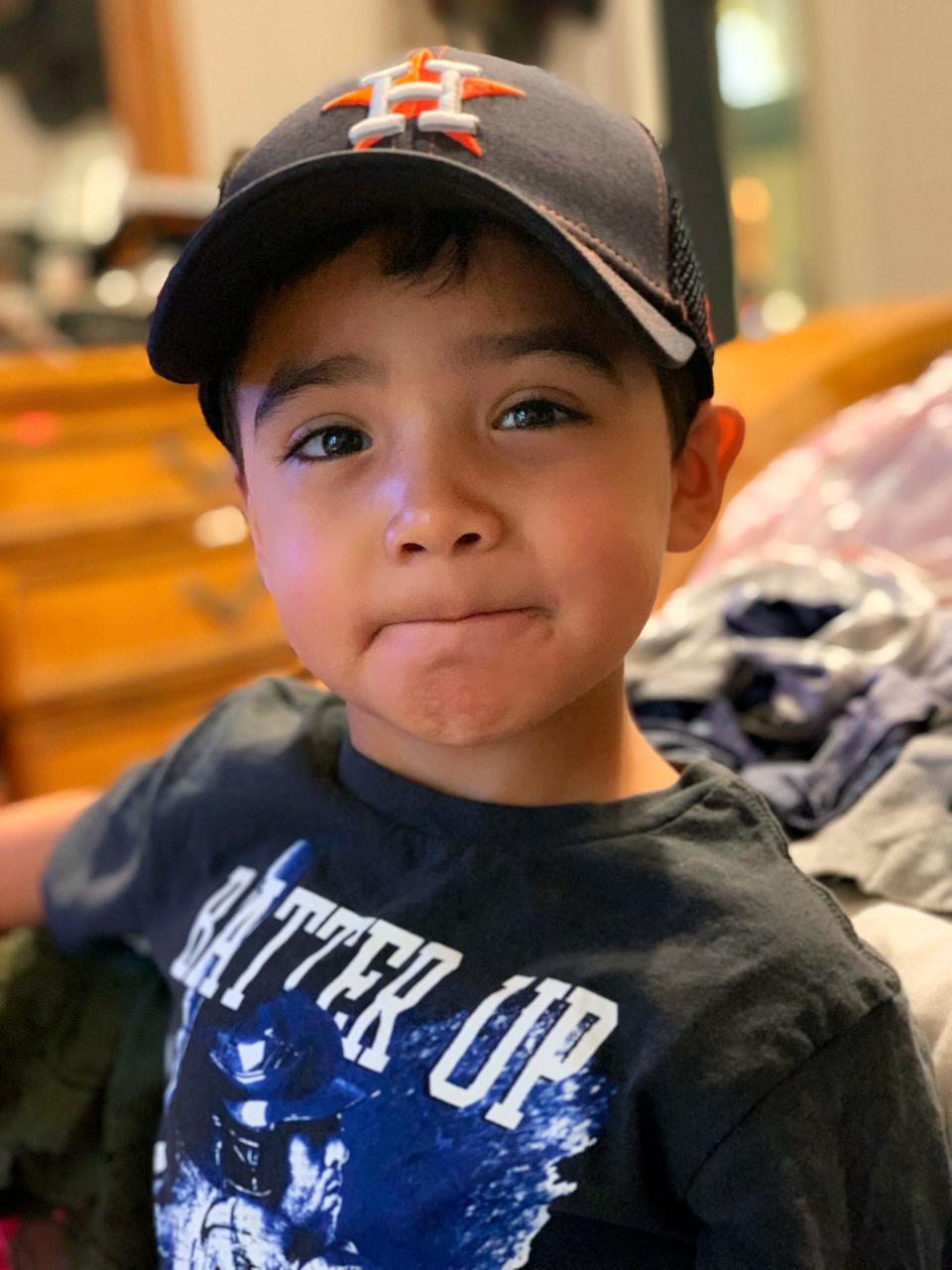After brain-eating amoeba killed 6-year-old boy, it could take months to clean Texas city's water

It may take months for the water in a Texas city to return to normal after a brain-eating amoeba responsible for the death of a 6-year-old boy was found in its supply in September.
Authorities in Lake Jackson said Tuesday that the boil advisory the city is under could last up to three more weeks. After that, increased levels of chlorine will be pumped through the system to scour through and kill any traces of the deadly microbe, which could take an additional 60 days.
"The path forward for the citizens of Lake Jackson is not going to be one that's short," Texas Commission on Environmental Quality executive director Toby Baker told reporters Tuesday.
Naegleria fowleri is a deadly amoeba that can cause primary amebic meningoencephalitis, according to the Centers for Disease Control and Prevention, an infection that destroys brain tissue and can kill within five days.
More on the amoeba: Texas governor declares disaster after brain-eating amoeba that killed 6-year-old found in city's water
Baker said it was the first time to his knowledge that the amoeba has appeared in public drinking water in Texas.
The Texas Commission on Environmental Quality was first alerted Friday evening to the presence of N. fowleri in the Brazosport Water Authority supply. Environmental officials initially warned all of the system's users not to use the water, but later said the problem had been narrowed to Lake Jackson's supply.
Texas Gov. Greg Abbott issued a disaster declaration for the area on Sunday. In his statement, Abbott said three of 11 water tests found N. fowleri.
One of the positive tests was at the home of Josiah McIntyre, the 6-year-old who died Sept. 8 after he contracted the amoeba. A splash-pad in the city that Josiah visited also had a positive test, and Abbott said the splash-pad has since been closed.
According to the Houston Chronicle, Josiah's relatives said he was tested for strep, COVID-19 and other diseases when he got sick with a fever, headaches and vomiting, but by the time doctors realized it was N. fowleri, it was too late.
"We just want people to be aware that it’s out there," his grandmother, Natalie McIntyre, said Saturday during a fundraiser, the Chronicle reported.
Baker said the samples the state has on record from the city's water supply in the months before Josiah's death show nothing of concern. "So we will definitely be investigating that further," he said.
Abbott added that authorities "want to get to the bottom" of what happened.
"It just rips your heart to know the loss of this life," Abbott said. "This is a total tragedy for Josiah as well as his family. But we, as leaders in the state of Texas, must seize upon the strategy to make sure this never happens again."
Authorities were working to provide free drinking water for residents of the city, and Abbott said in a statement that the Texas Division of Emergency Management had set up a pickup location where residents could get one free case of drinking water a day. Some private businesses were also providing free water, Abbott added.
N. fowleri and warm weather: Diseases like West Nile, EEE and flesh-eating bacteria are flourishing due to climate change
Dr. John Hellerstedt, commissioner of the state's health services department, assuaged any fears that the amoeba could persist in the city's water system.
"The risk is vanishingly small," Hellerstedt said. "There's just not going to be a chance that the water is going to contain this amoeba in the public water system after they finish the kinds of remediation efforts that they put forward."
The CDC says N. fowleri is commonly found in lakes in the South, especially in the summer, but getting sick from it is rare, with only 34 documented cases in the U.S. from 2009 to 2018. Those who do get sick are generally infected through their nose after swimming or diving in warm freshwater. The CDC says N. fowleri also can spread via inadequately chlorinated swimming pool water or contaminated tap water.
An infection cannot occur from swallowing infected water, the CDC says.
The microbe can cause symptoms similar to bacterial meningitis, including headaches, fever, nausea and vomiting, making an initial diagnosis challenging, the CDC says. The infection progresses rapidly, eventually causing neck stiffness, seizures, hallucinations and coma.
Contributing: The Associated Press
Follow USA TODAY's Ryan Miller on Twitter @RyanW_Miller
This article originally appeared on USA TODAY: Brain-eating amoeba: Lake Jackson water may take months to clean

 money
money 